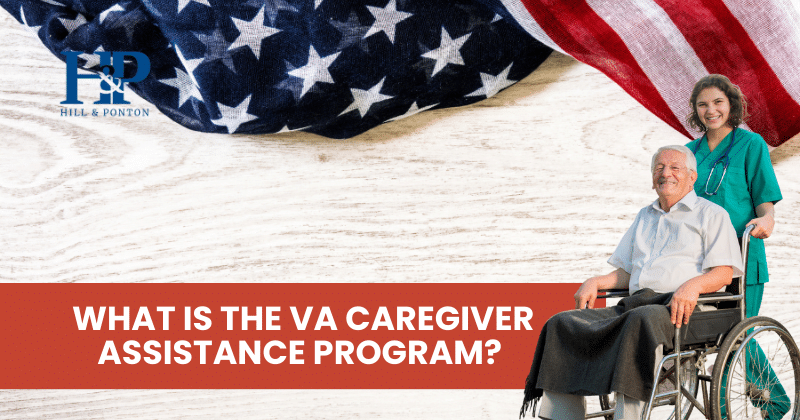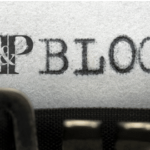Veterans who have a serious injury or disability due to a service-connected condition who need daily assistance may be eligible for the VA’s Caregiver Assistance Program.
The caregiver can be a family member or someone from outside the home who assists in caring for the veteran by providing certain tasks the veteran is unable to perform due to their condition.
This program offers a stipend to assist with the expense of hiring outside help or to offset the loss of income a family member may experience due to not being able to work full time because they have to be with the veteran.
Am I Eligible for Caregiver Assistance?
The veteran must be eligible for VA healthcare and the injury related to the caregiving requirements must be service connected.
Additionally, they must meet the following criteria.
- The veteran must have a serious injury; either physical or psychological that was caused or aggravated by their active duty service after September 11, 2001; and
- The veteran needs personal care services because they are unable to perform one or more activities of daily living, and/or
- The veteran requires supervision or protection based on symptoms or residuals of neurological impairment or injury.
There are some changes to this program that are in the works as far as eligibility dates:
- In 2019, veterans who were service connected for a qualifying injury suffered prior to May 7, 1975, will become eligible for Caregiver Assistance
- All veterans with an eligible injury will become eligible by 2012.
Benefits for VA Caregivers
Caregivers are eligible for more benefits than just a monthly stipend.
Because caregiving is such an important role in keeping veteran’s safe and as independent as possible, the VA offers additional benefits as well, including:
- Travel expenses (including lodging and per diem if accompanying the veteran while they are receiving treatment);
- Access to health care benefits through CHAMPVA (if not already entitled to the care of service under another health care plan);
- Mental health care services and counseling;
- Comprehensive caregiver education and training; and
- Respite care (not less than 30 days per year).
How can I benefit from having a caregiver?
It is vital for Veteran’s well being that they remain as independent and stable as possible for as long as possible.
The benefits of having a caregiver include:
- Being able to stay at home rather than living in an assisted living facility or a nursing home;
- Reducing the risk of exposure for infections
- Reducing loneliness and feelings of abandonment
- Increasing a sense of belonging
- Retaining a sense of freedom;
- Maintaining a familiar environment;
- Immediate response for emergencies;
- Companionship and being able to maintain a familiar social network;
- Assistance with tasks and monitoring of things such as medications and healthy eating; and
- Peace of mind to other family members and the Veteran
Regardless of whether their injuries are physical or emotional, these factors play a huge part in reducing a person’s number of hospitalizations, need for mental health counseling, and the need for residential rehabilitation stays.
Different Types of Caregiving Support Services Available
Caring for those who served our country is one of the most honorable jobs, these VA programs help caregivers continue to provide that care by giving them needed support and resources.
- Respite Care provides care either in the home or at a facility to give the caregiver needed time off or in the event of an emergency.
- Home Telehealth provides access to a healthcare professional via phone or computer.
- Adult Day Health Care Centers are designed for Veterans who are able to get out of the house to go and socialize with other veterans.
- Home-based primary care and skilled home care offer medical assistance at the veteran’s home when their condition makes it difficult to transport the veteran to a VA Medical Center.
- Care Support Coordinator provides assistance with referrals, resources, and Peer Support Mentoring for practical advice from other caregivers on how to stay strong and effective while sharing passion, tips, and experiences and helping prevent burnout.
Many veterans and their caregivers do not realize the array of services they may be eligible for or will become eligible for soon.
To apply, please go to the VA’s website and fill out the application or call the Caregiver Support Line at 855-260-3274.
How to Get VA Caregiver & Family Program Approval?
The caregivers program provides benefits to caregivers caring for post 9/11 veterans and, as of 2020, Vietnam-era veterans.
VA benefits for caregivers are available to those who qualify and include both financial compensation and monthly stipends as well as support services.
There are several eligibility requirements for the program both for veterans and for caregivers.
to Get VA Caregiver and Family Program Approval goes into specific detail about these requirements.
What If the VA Denied My Disability Claim?
If you have been denied benefits or are attempting to increase your rating, the team at Hill & Ponton may be able to assist you.
Click the button blow to get more information.




